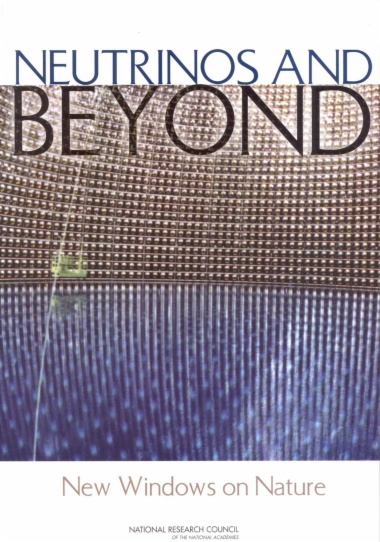

The President's FY 2003 Budget Request for the National Science Foundation (NSF) under the Major Research Equipment and Facilities Construction Account called for a National Research Council (NRC) review of the scientific merits of IceCube and other proposed U.S. neutrino projects in the context of current and proposed capabilities throughout the world. The NRC committee-the Neutrino Facilities Assessment Committee (NFAC)-was charged with providing scientific assessments of two possible future science initiatives: (1) IceCube, a very large volume detector of high-energy neutrinos proposed for the South Pole and (2) a possible deep underground science facility to be developed in the United States to pursue a broad range of fundamental questions in physics and astronomy. Fourteen persons were appointed to the committee, and the first meeting was held in June 2002, with delivery of the final report expected within 6 months. The committee's assessment was to be performed in the context of current and planned neutrino capabilities throughout the world. Specifically, the study was to address the unique capabilities of each class of new experiment and any possible redundancy between the two types of facility.